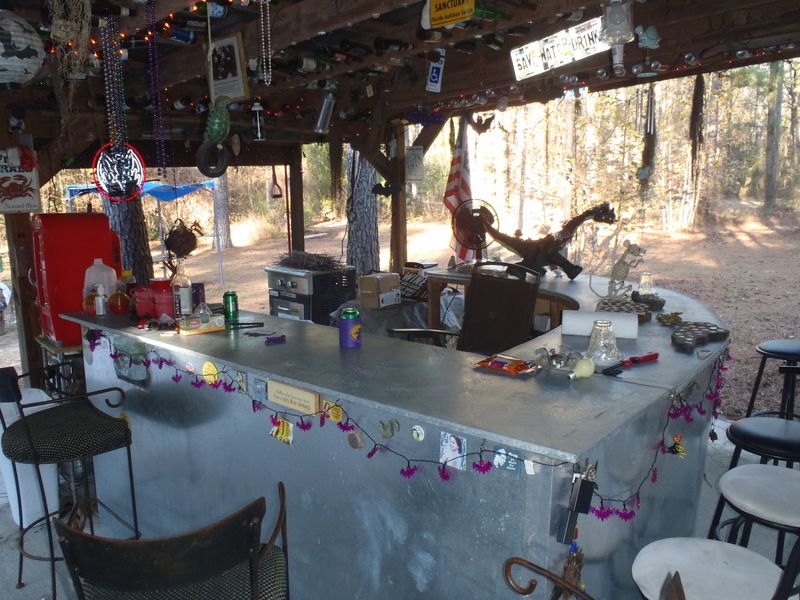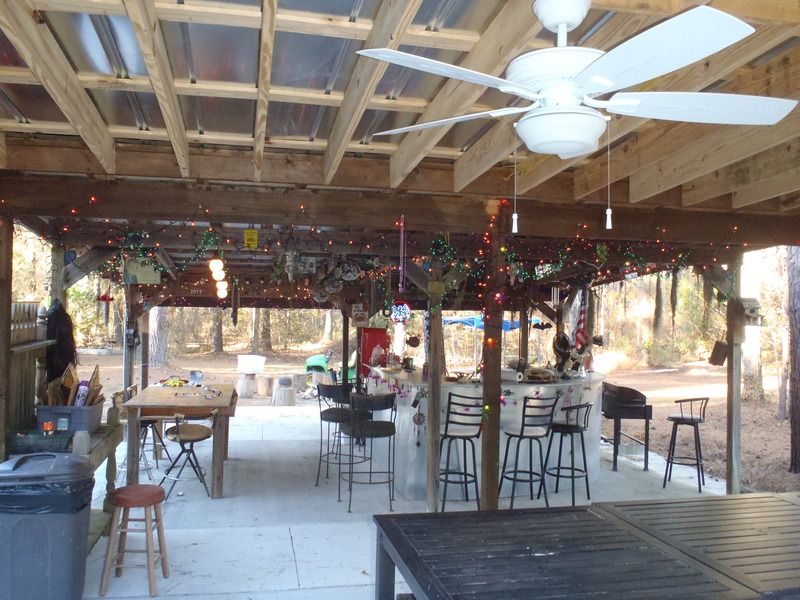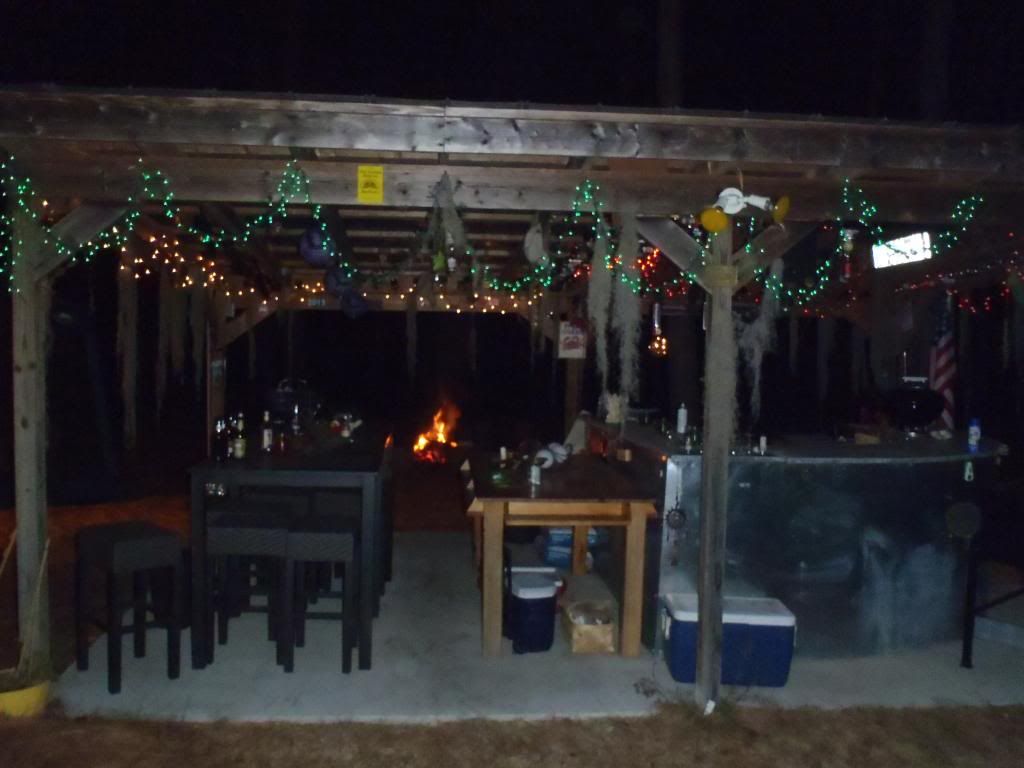Mr. McCrea,
First, let me apologize.
Then let me explain that I walk a thin line, disclaimers and all, and that while my tale spirals into the strange comings and goings of a not-unhappy man standing at the midpoint of his life reflecting on the fact that he will die with so much left undone, I must necessarily wait such portions out.
I mean, who wants to read the sort of gibberish that puts a man drunk beside the New River, staring down at the strange pedestal and wings of a smooth, grey, foam block glued to the center of a canoe and held trapped to the hull by cheap wooden thwarts? Who? To consider how his own comings and goings, his own leanings and twistings drive the boat further downriver, bend after bend, drop after drop, expecting neither waterfall nor ocean, but simply another bend with another view of another place, endlessly fascinating. He can trace the river as a blue line running across the map and he can put this boat anywhere he wants on the same river in real time, then point again to his location on the map. This represents that. This space is the same as that space. The idea of place. These words represent that thing. This sentence means that.
But then what?
Squatting down to run his hand along the higher of two edges as the hull jags down to the flat bottom of his canoe, he remembers too many things at once and teeters slightly. The simplicity of moving through life in a canoe confounds him. Then he remembers his listing can of beer and stands up to look out over the dark water. He swallows the last swallow and crumples the can in his hand, throws it down into the boat where it rattles the night awake. Tonight it will rain: that much he knows.
Who wants to read of his children that are mostly grown, of the wife he loves but from whom he feels uncomfortably distant, the job that, if not meaningful, at least offers freedom and friendship and a certain ease of being? His hammock hangs in the trees behind him, here on the east coast, a familiar cocoon that affords good sleep above ground. He is comfortable in his life, probably too. Not important enough to be hounded or bothered by people of the marketplace. And yet there is some shadow moving out on the horizon, a few broken stalks of corn where once passed something great and horrible. Where is this creature he seeks? And what is meant by its apparent loss?
Here on the backyard run of the New River, among the familiar mountains, the stars are out and stretch across the sky between the walls of trees. Still he knows it will rain, as if by the sound of the wind in the branches. He can close his eyes and block out the general din of his distant world and hear the water again. He fought with his wife for no reason sitting on the sofa and left the next morning in an angry huff. They have been married twenty-five years and whenever he is away from her, he misses her sorely. Still they both like a little space. He can press his leg against the boat for a sense of comfort.
In Grand Canyon he didn’t take his hammock, opting instead for a small mesh tent. He left the fly off when he could, which provided decent views of the sky. The tent also afforded a quick setup without trees and enabled easy protection from a fair amount of rain and a few nights of wind, and then the tent gave him a place to hide and read when he needed space to himself. Space to himself. As if, from time to time, he felt the need to hide from Grand Canyon and all its strange enormity.
The tent, as opposed to the tarp or simply running for cover under overhanging cliffs, offered the ease of mind that however tense things got, or however bad the weather, the man had a warm, dry space waiting at day’s end, no matter where he washed ashore. He appreciated that ease of mind and felt he could then push himself a little harder in other places--take an extra half hour to explore Nautiloid Canyon, for instance, or walk another half mile up South Canyon--and know he could duck out of the rain or cold and easily pull into camp after dark.
Martha’s Camp, at
Mile 38.7, backed into a drain against blocky sandstone and was a dark camp to begin with. The Redwall Canyon feels narrow. He didn’t arrive until almost five thirty partly because he almost stayed at Tatahatso,
Mile 37.9 and too brushy for his liking, and partly because there was so much to see in the Redwall. The sights of the day read like a list of what’s what in the Grand Canyon: Pueblo Ruins, Stanton’s Cave, Vasey’s Paradise, Redwall Cavern, Nautiloid Creek: all classic points of interest that left him scrambling around on the rocks from place to place the entire day. He got to camp late and setup was quick and easy thanks to the tent.
Even here, swaying drunkenly beside the New River and staring down at a new boat, he recalls the Redwall Gorge as about the most beautiful of all miles throughout the Canyon: narrow but not frightening, deep but not without space, the river like a friendly cab driver waiting to whisk you away. The river green with underwater light and running in white stacks down beside the red cliffs, the stacked cubes and shallow caves and layers of the Redwall itself, the newness of being part of Grand Canyon: all stitching the fabric of that first week, all weaving a carpet of magic that now he can neither ride nor escape. The trouble facing him almost immediately is that he may not run the river at all tomorrow. He may just pack up his car and load the boat and drive the interestate home. And this bothers him immensely.
You might as well know that he took a few books out west and read mostly in the evenings, between the setting sun and sleep or before the moon rose and when the view of the space was hidden. There wasn't much time for reading during the day, and most of the rain didn’t fall hard and was easy to live in. Quite a bit of rain fell on him during January but mostly it was like the sky was spitting a little and barely covering the rocks and sand with a thin film of water.
He took another layover day at
Mile 193.3 and read for about two hours on the beach, shirtless, sunglasses and with clothes inside out and airing all around him. His solar panel hung beside him and charged a storage battery for the GoPro and camera and he imagined the whole scene probably looked like a crash landing, the way everything was spread out and soaking up the sun. The sun and cold water felt like an immersive and total cleanse and he caught a tiny glimpse of some people's fascination with the beach: the endless parade of beachgoers. The crust of the everyday cracked off and the skin underneath felt tender and tingly, as if he were sucking in air with a peppermint melting in his mouth. He walked out into the river and dropped beneath the surface and kept his eyes shut to the silt with the power of the water grabbing at his body and pushing and pulling him downstream. He forced himself to stay under and let himself be carried by the water before scrambling up and dancing back to the shallows. He bathed with soap and let himself drip dry, dancing around to keep warm.
And every half hour or so he would excitedly jump up from his lazy reading and wade out again into the water before walking the extent of the beach and doing a bit of rock hopping to admire the river and walls in both directions: the colors and composition and moving light. There can be no equal to standing on the rocks beside the water surrounded by canyon walls and stretching out your arms. He imagined himself both enormous and tiny, omnipotent and helpless, one thing but then another. He may have screamed as loudly as he could and listened to the sound carry itself away, snaking itself away into the deeper parts of the canyon. And then, earlier, before the sun reached the beach, he took a short hike up the dry wash behind camp to some impressive narrows that required a fully extended horizontal body chimney to avoid the water collected at its narrowest point. The move wasn't as hard as it looked and he looked forward to doing it again on the return.
At
mile 193.3 the canyon opened to the sun and the walls fell back and the sky stretched out between the rims. Just like Cardenas Camp, he found himself favoring the open spaces of the canyon. The narrowest places seemed exotic and strange but also made him feel like an intruder, having survived some crash, as if not yet welcomed down into the basement of the earth. The blue of the sky was deep blue without a single cloud. The canyon walls had surrounded him for sixteen days and when they stepped away from the river become ever-so-slightly less dramatic. He made some afternoon tea to complement the cooler sand beneath his legs and added a big gulp of spiced rum. He imagined there are probably places human beings do not belong; places whose very existence is so fragile we ought not get too close. Or so it would seem. The desert is one thing but also another. He wasn't fooled. And the moonlight too, when the moon rose over his open tent close enough to reach out and poke with a stick, it shone all night like a bright white bulb onto a strange land.
Even now he can tell you what he knows: that the physical world is almost but not quite enough, that life will sometimes offer up the unexpected, the beautiful, as if as a gift, for reasons that will forever remain unknown. He can understand these things in such a way and to whatever small degree.
The book he read on the beach at
mile 193.3 was a formal collection of Grand Canyon writings compiled by Bruce Babbitt. It was sort of an academic introduction that turned out to be better than it sounded, and included many of the classic Grand Canyon texts he’d read anyway, as a student before his trip. It was nice having those writings collected in one book and not having to bring, for instance, Powell’s account of the inner gorge or Stanton’s account of the tragedy. (The man stopped and read some of Powell’s mid-August entries from 1869 on the rocks below Clear Creek Camp,
mile 84.8, to help regain focus and relax on his first day paddling through the granite gorge.) Or Joseph Krutch's wonderful essay concerning the Grand Canyon's climactic zones as Barrier: “Thus Far Shalt Thou Go,” and offering learned insight into the way lifeforms get forced into different geographical pockets of the earth. Of particular interest in Babbitt's collection was a selection from Edwin Corle's "Listen, Bright Angel," containing the story of Captain John Hance. Listen, Bright Angel, probably worth picking up.
Captain Hance was one of the original freelance explorers to make a home on the canyon's rim after failing to make money mining asbestos deep down the trail that now bears his name (and which will also present you with a fine view of his rapid). As with many of the miners, hermits, and professional liars that made their way and living atop the canyon's rim, Hance was as mysterious and colorful as he was well-liked. And as with many who attempted to wrangle the resources from the depths of the canyon, he found the costs of getting the product back out to the rim prohibitive. Thus he graduated into the role of a sort of Grand Jester of the Grand View Hotel (where he received room and board), amazing and astounding guests with his tall tales of absurd or impossible fantasy. On rare occasions when the canyon filled with fog, Hance would don his snowshoes and proclaim to startled guest that she was just about right for a crossing, that later in the night they might look for his fire on the North Rim. Then he would disappear up the rim trail toward Yaki Point.
The man on the beach at
mile 193.3, imagining the man on the New River, was also struck by a selection of readings under the heading, “The Visual Image,” with a smattering of writers attempting to describe the scene that is Grand Canyon from the best vantages, a near impossible task. Some of the descriptions have made lasting impressions and entered our symbolic complex. Thanks to Clarence Dutton, for instance, descriptions of canyon features are now rife with architectural simile, often named after Oriental Deities. Brahma Temple, Buddha Temple, Manu, Shiva, Vishnu, etc… All thanks to the writings of Dutton. Of course, it doesn’t take much more than a cursory glance at the Muav Limestone or Temple Butte Formation to bring those strange similes into accurate focus. He’s absolutely right on. On the other hand, so many descriptions often result in, well, stuff that reads like this: "Color so rich and rampant that it floods the whole chasm; so powerful that it dissolves like acid all the shapes within it."
Wow, then.
He crawls into his sleeping bag strung out between two Sycamores on the banks of the New River Gorge in West Virginia. He lifts his body first this way and then that way to slide into and straighten his bag, suspended out between the twin extremes, and flexes the knot in his left shoulder blade. A piece of inflamed cartilage, or so he's been told, that sometimes hurts for reasons he cannot explain. Whence we come, whence we go? he asks not to the branches above him, nor the sky full of stars, but the Eno rain fly hanging two feet above his face. The rain is coming, and he knows this. But he's protected and sleeps well in a hammock beneath the tarp. He's glad to be back on the east coast with a family that knows him and back with the rivers he loves. He imagines no other geographic zone would do. He's pretty certain he drinks too much but if that's his only crime, and he manages to keep his boat tied high and dry, he figures everything will be okay.
Who in their right mind? I ask.
View attachment U2b1fxB4JUrRBN17wIXyk3wbUNLR7zI9Z8irHpsOrdb77RPj0JgKf-1-rqiob5Vwc6BoD-Rxl2ePAplHQS0zijceP-UMLbjmxa6t


